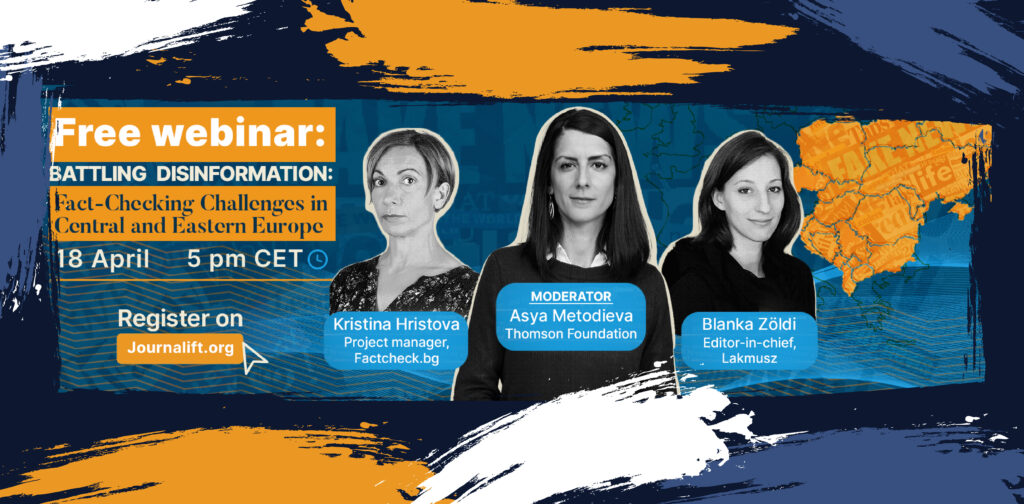The multiple migratory waves of the past decades have contributed to the expansion of the Albanian communities around the world, going from the USA to Australia and later across Europe. Although it is difficult to collect statistics on the diaspora, according to the latest publication of the Albanian Institute of Statistics (INSTAT), in 2020, the estimations show that 1.684.135 Albanian citizens live outside the homeland. The Albanian diaspora is showing an increasingly interconnection with the homeland. Our study shows that 68.9% of respondents visited Albania in the past 12 months and 54,6% stayed for about 1 months in Albania. Also, when asked about emotional connection with homeland, 55.9% confirmed that they have strong emotional connection with Albania. Most of the engagement with the homeland is related with family and relatives (84.2%), but also with tourism (31.1%) and business (11.7%). However, the diaspora active potential is yet untapped in Albania. Diaspora is essential for Albania, especially in the fields of democratization, economic governance as well as social and cultural development. In this sense, their engagement with local media development is of particular interest. Our research findings can help local media with concrete insights to develop strategies of engaging with diaspora to diversify their content and find alternative sources of income.

Albanian media should improve their digital presence
Media should become aware that there is potential to engage with the diaspora given that the primary source of information about events in Albania for the diaspora is media outlets in Albania with 66.3%, while diaspora media outlets at 12.7%. In a significant way the diaspora follows Albania media several times a week with 92.4% of respondents confirming this.
Considering that diaspora follows Albanian national and local media so frequently, there is room to capitalize on this potential to engage them further not as passive audiences, but as engaged communities.
Particularly, online media portals have an advantage here given that the main type of Albanian media outlets followed by diaspora are online media portals (66.5%) followed by television (57%) and social media (53%). This also demonstrates that diaspora prefer more than one type of source. Online media portals are the type with the higher percentage as the only source of information with 18.9% of respondents.
In addition, media outlets must consider upgrading and improving their online presence. Our study shows that diaspora prefers social media as the best way to access media in Albania with 36.4% followed by websites of media with 31.5%, paid platforms with 14.1% while through friends and contacts is the least preferred with 2.4%. Improving your profile in the digital space is paramount to attract and sustain your diaspora audiences combined with diversity of topics. Our study shows that there is a high diversity of topics preferred with news and current affairs as most preferred, followed by politics, culture, music, sports, and tourism.
Media should target the diaspora communities strategically
54.2% of diaspora respondents are interested in providing support to the media. Diaspora located in the USA (particularly in the east coast), United Kingdom, Italy, Germany, and Greece are particularly interested in engaging with local media in Albania. Also, there seems to be more interest in supporting media by diaspora that are originally from Tirana, Lezha, Shkodra, Fieri, Berat, Vlora.
Local media should also target diaspora that are generally in the group ages above 45 years old, whereas our study shows that gender doesn’t play any significant role in the preference of interest in providing support to Albania media outlets. Local media should engage with persons who have actively worked to connect Albanian diaspora with Albania in various ways throughout the years and currently are engaged with media, academia, and NGOs in their places of residence. Our study confirms that the Albanian diaspora in the academic, civil society and media sphere are more interested in engaging with the media.
Education matters. So, look out for diaspora members with an established social and economic status. The level of education seems to play a significant role in the interest in providing support to Albania media outlets. The respondents with doctoral or master’s degree have the highest level of interest with 57.9% and 58.7% respectively. Respondents with high school level of education seem those with the lowest level of interest to support the media in Albania.
Income also matters. Self-employed group seems to be the main one interested in providing support to the media in Albania with 70% of the cases followed by the employed group with 61.8%. In general people that have immigrated between 1945-1990 and those that have immigrated after 2001 have the same level of interest in providing support with 60 %.

Albanian diaspora can potentially support local outlets, but media should offer them the right modalities
Our study shows that about 15,9% of diaspora are interested in providing direct financial support to local media. Their preferred model of support is membership model dominated with 29.7% followed by subscriptions to content or services with 29.2%, support to media campaigns with 13.8% and one-off donation is the least option preferred for support with 10.8% of the cases.

Regarding the financial quantity, 57.1% are willing to provide less than 100 USD/EUR to local media followed by 100-500 USD of financial support.

The frequency of financial assistance mostly preferred is annual bases with 57.1% of the cases followed by one-time financial support with 30%, while monthly bases are only 10% of them. The type of payment preferred is by online payment or e-banking in 28.6% of the cases followed by payment by card with 26.5% while the less preferred one is text message with 2.0% and other means with 4.1% of the cases.
Local media should also consider other ways of engaging diaspora in addition to financial assistance. Our study shows that 39.1% of diaspora are interested in providing non-financial assistance such as knowledge sharing with at least 58.5%. Access to information is the second most preferred with 29.6% followed by Networking with 25.2 % and Content production with 22.6% of the cases.

Specific conditions that must be satisfied for active engagement with the media
There is general interest to provide support to media, but quality of content and professionalism matter. Reasons for providing the assistance if the right opportunity comes along are mostly related to the type of content covered by the media and quality and professionalism of media will affect the decision to provide support while personal attachment to media and its mission is the lowest preferred one.
Local media should focus on improving and diversifying content and focus on inclusiveness of coverage.
For diaspora these are the key conditions: media independence, quality, reliability, transparency, professionalism, integrity, and staff competences.
So, local media strategy to engage diaspora for monetization is not easy and it requires not simply targeting diaspora strategically and offering the right modalities, but most importantly it requires improving overall professionalism.
Another interesting option for local media in Albania is to connect with Albanian diaspora media that are well established as well as with diaspora active associations / networks. It is important to approach diaspora primarily in the Albanian language and be mindful about the quality and style of language used. Also, local media should use networking and fundraising events in diaspora / crowdfunding online with specified and clear communication campaigns.
| Drawing from the necessity to enable local media to strengthen their relations with audiences and diversify their stream of resources, we were intrigued by the possibility of diaspora engagement with local media with particular focus in Albania. With the support of Thomson Foundation and in the framework of “Media for All” Project, our research study investigated the Albanian diaspora profile and connection to Albania with a special emphasis on diaspora media consumption and interest for supporting local media outlets in Albania. |
| How did we do that? – We used a combined methodology approach of data collection and conducted the study from July to September 2021. At the initial phase, a thorough desk research was conducted to analyze the profile of Albanian diaspora and identify key main open issues of Albanian diaspora. Secondly, a total of 17 in-depth interviews with representatives of Albanian diaspora associations, organizations and media was conducted. At the same time, an online survey was carried out with a total of 501 respondents completing the survey. The study targeted Albanian diaspora in Australia, United States, Canada, Italy, Germany, Greece, and the United Kingdom. |































